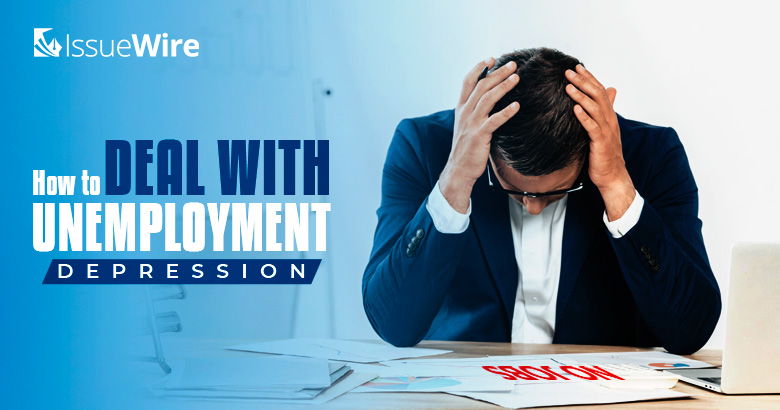When we entered the journey of transforming into a completely digital era, it has already affected many job roles for our older generations. After computers came and the internet became a household name, many job roles were replaced. Covid-19 made it even more prominent that we as working generations have no real job security as the world is changing every minute. If you feel insecure as well then you are definitely not alone. Many workers are regularly thinking about losing their jobs which makes it one of the primary sources of anxiety.
So what exactly is job loss anxiety?
Job loss anxiety is when employees are feeling anxious about losing their jobs for whatever reason. Being anxious can negatively impact your mental health and peace and at the same time can destructively affect your productivity. Among other various reasons, one of the primary reasons why workers are feeling job loss anxiety is the future of work.
So let’s talk about what is the future of work.
What will be the future of work?
According to Gartner, the future of work has been reinvented to deal with today's challenges. If we look closely at the problems we are dealing with today, include
➔ Work Culture
Businesses need to remember how they treat the existing employees will be impacting their mental health, hence impacting their productivity. On top of that, their services will be delivered to the employees which will be half-hearted and negatively impact the sales of the business. There should be strict rules against biases in the workplace, and open communications between managers and employees. Everyone should be treated equally and with the same respect.
➔ Hybrid Workforce
One thing that we have already been introduced to is robot workers which have already created a hybrid workforce today. This surely can be a challenging situation in the future for human employees. In this situation, businesses need to have a communication plan to support the employees who will be impacted by the robot co-workers or software that has replaced the work of a human employee. Both of these situations will be unsettling for human workers.
➔ Digital Transformation
With the excitement that comes with the improvement of digital transformation or AI, there is no denying the fact that once it is developed, humans will lose jobs to technology. Businesses can lay a hand in managing these job loss situations by assisting, and supporting them. They can also offer redundancy packages after the workers are replaced which will include consulting into their next job role.
➔ Workplace Reinvention
The pandemic brought remote working which has reinvented the workplace completely and has been challenging in adopting ever since. The half-empty offices and the lack of human communication have already started to negatively impact the mental health of the employees. Along with that comes loneliness which is also badly impacting productivity and job performance which as a result is leading to job losses.
Businesses can increase team-building activities and social gatherings to deal with this. Other than this there are also options like coaxing friendships and increasing peer respect and recognition. They can arrange team meetings on platforms like Zoom, Google Meet, etc.
For employees that are feeling lonely or depressed at the workplace, you can do the following things to overcome the feelings –
- Go to the social room and talk over a cup of coffee or tea
- Do something good for someone at work
- Arrange lunch with other employees and build friendships
- Take a break and go for a walk
It is clear that change is inevitable and none can prevent things from changing. Whether you are a business owner and are worried about the employees or an employee, the first step is to have open communication. If something cannot be prevented, surely there can be a try to accept it in a way that will leave a minimal negative impact.








